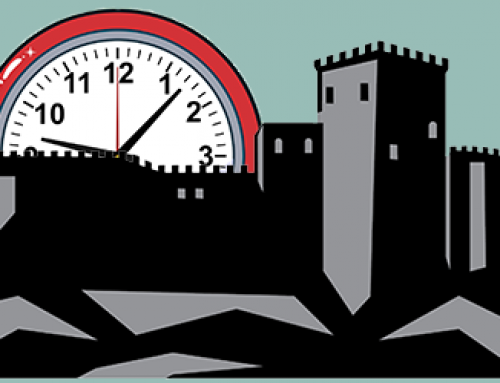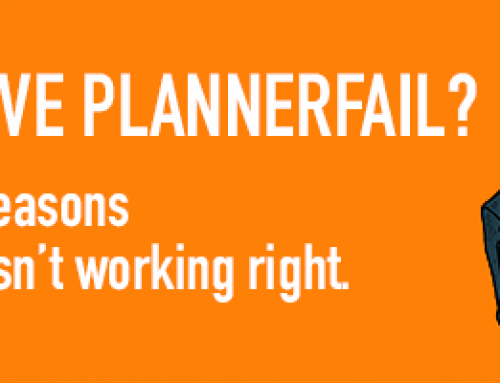Life is about choices
Whenever you’re faced with a difficult decision, your most obvious concern is accuracy. Make the “right” decision and things will be better, the “wrong” decision—things get worse.
In any moment of decision, the best thing you can do is the right thing. The worst thing you can do is nothing.
But there’s another concern that you might often think less about: speed. Because time slips away from you so silently, so gradually, you don’t always feel the consequences of delaying a decision by a day or a week or a month. But make no mistake, there are consequences!
Decision traffic jam
Just like one stalled vehicle can create a traffic jam on the highway, delaying hundreds of cars, (stalled decisions) creates traffic jams in your life. Since one decision can set in motion hundreds of other decisions, when one is delayed, then so are countless others. You can vastly underestimate the amount of cumulative stress these stalled decisions cause.
A real decision is measured by the fact that you’ve taken a new action. If there’s no action, you truly haven’t decided.
So, when it comes to making decisions, there’s the concern for speed and the concern for accuracy. And here’s the irritating part—they’re in direct conflict with each other!
Either/Or
Speed wants you to spend less time on your decision. Accuracy, on the other hand, wants you to spend more time. Psychologists call this contradiction the speed-accuracy tradeoff, because having more of one means having less of the other.
It’s your decisions and not your conditions that determine your destiny.
Some decisions have obvious answers and you just need to overcome your own fear and doubt.
Other decisions are more complex and you’re not as sure which choice to make. Since we can’t expect both speed and accuracy, before deciding, it will help if you ask yourself these questions:
- If you did know, what would the answer be?
- What is the best-case scenario in both of your decisions?
- What is the worst-case scenario in both of your decisions?
- What would you want to decide if it was 10 years from now and you were looking back?
- What if failing didn’t matter—would you do it?
- What if you reframe failure so that it doesn’t exist and that you’re either winning or learning?
- Ask your future self what to do!
- If you were 100 years old, reflecting back on your life, what would you have wanted your current decision to be?
These questions usually make the right choice really obvious and can save you substantial time. Once a decision is made, you should stop worrying and start working. It’s not always what you know that makes it a good decision. It’s what you do to implement and execute it that makes it a good decision.






